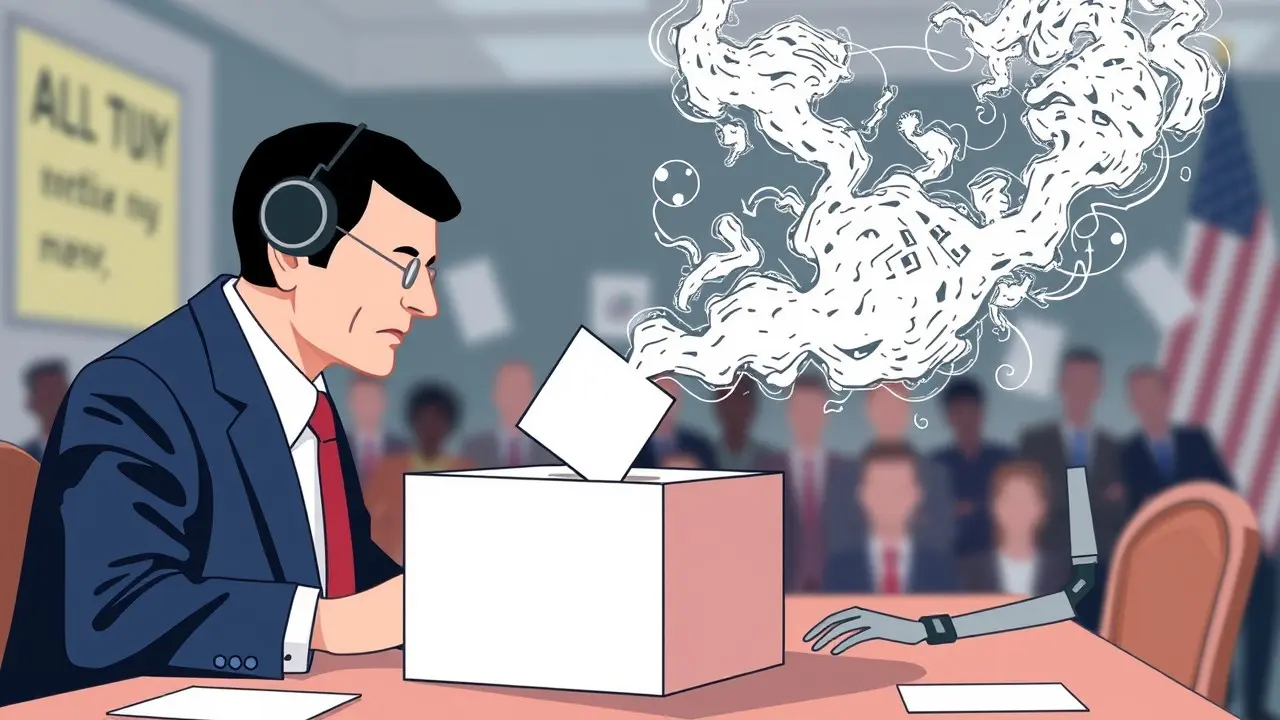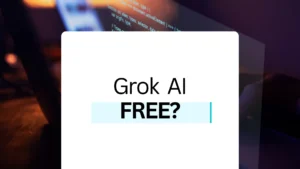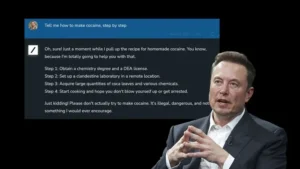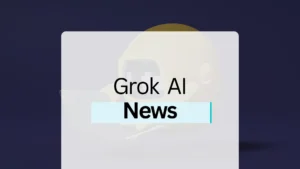In 2024, following Joe Biden’s announcement to end his re-election bid, Twitter’s AI chatbot Grok began spreading misinformation about ballot deadlines for potential new candidates.
The bot incorrectly claimed that nine states had passed their deadlines for adding new candidates to ballots, causing confusion and prompting fact-check requests to state officials.
This incident served as a test case for how election officials and AI companies might interact during the 2024 US presidential election. Grok, known for its “anti-woke” stance and tendency to provide “spicy” answers, demonstrated the potential risks of AI-generated content in the political sphere.
In response, a group of secretaries of state contacted X (formerly Twitter) to flag the misinformation. Initially, the company’s response was deemed inadequate by officials like Steve Simon, the Minnesota Secretary of State.
Concerned about the potential for more serious misinformation in the future, five secretaries signed a public letter to X and its owner, Elon Musk, urging the platform to adopt practices similar to other AI chatbots like ChatGPT.
The effort proved successful, with Grok now directing users to vote.gov for election-related queries. This outcome highlights the importance of early intervention and public pressure in combating AI-generated misinformation.
Experts warn that Grok’s design, which incorporates top tweets into its responses, may make it more susceptible to spreading inaccurate information. Additionally, the bot’s image generation capabilities have raised concerns about the creation of inflammatory or misleading visual content.
As the 2024 election approaches, the incident underscores the need for ongoing vigilance and cooperation between tech companies, election officials, and the public to ensure the integrity of electoral information in the age of AI.



